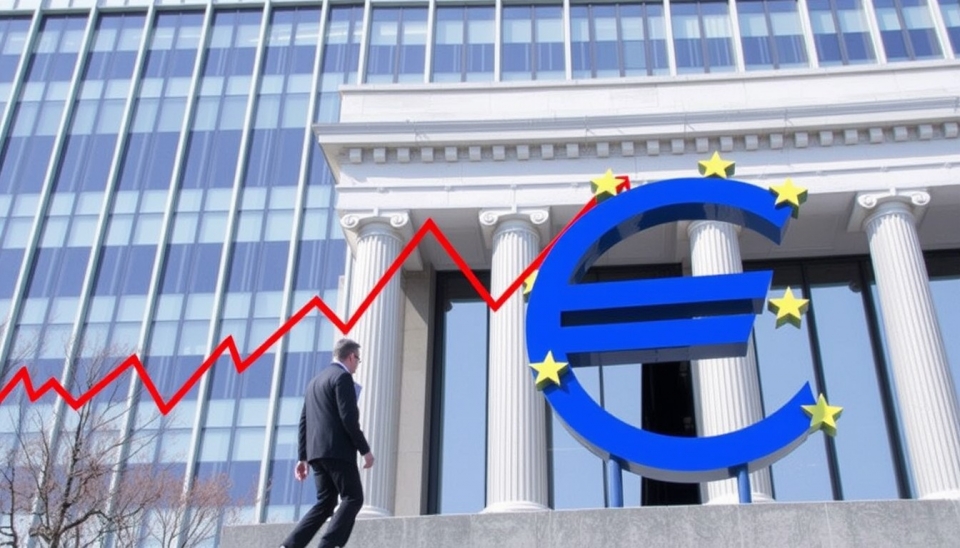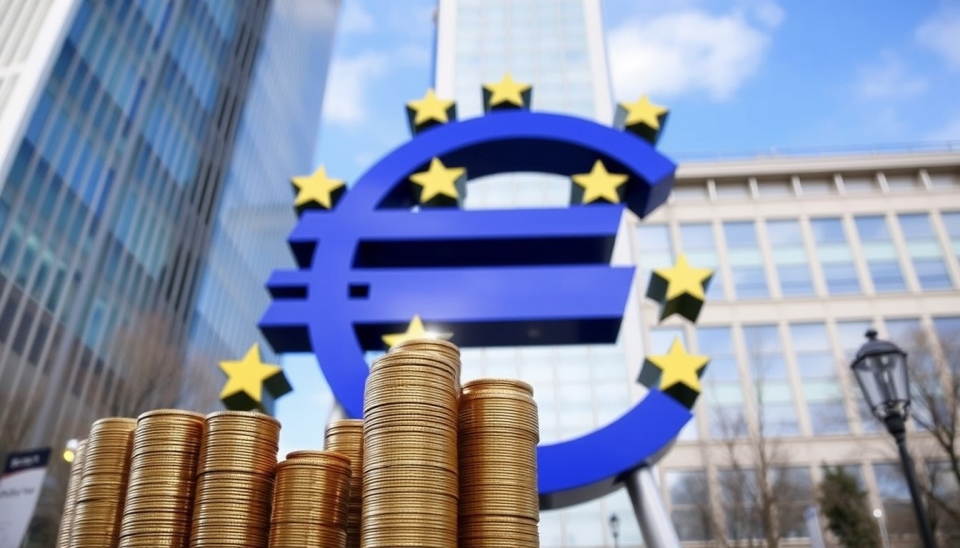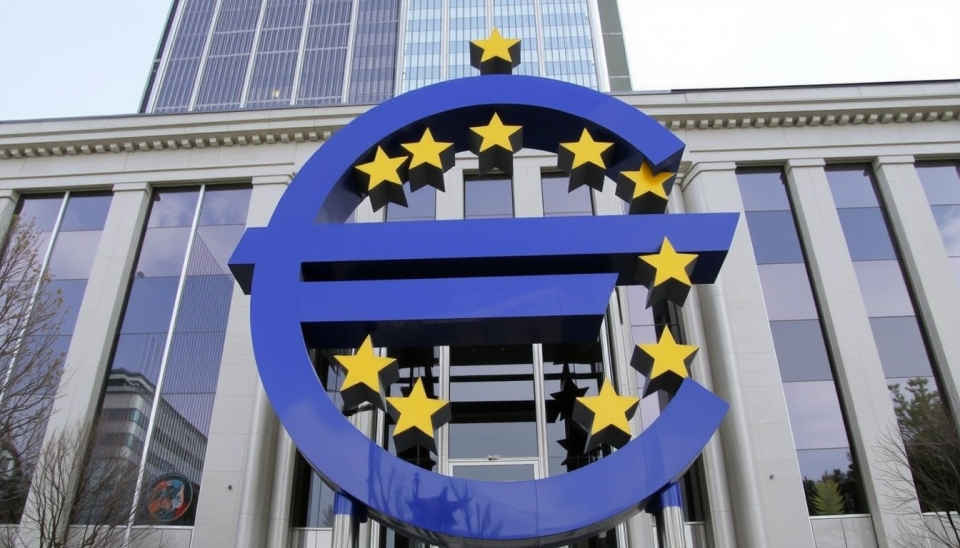ECB's Economic Hopes at Risk as Consumers Cut Spending

Recent reports from the European Central Bank (ECB) highlight growing concerns about the state of the eurozone's economy. Data indicates that consumers, facing rising prices and heightened inflation, are beginning to cut their spending, which could significantly affect the region's economic recovery.
According to information provided by the ECB, consumer confidence is continuing to decline, raising alarms about future consumer spending. A reduction in household spending complicates the task for central banks to achieve their inflation targets and contain price growth.
Economists note that the reduction in household expenditures may signal that consumers are becoming increasingly cautious in their financial decisions. Given that consumption is a primary driver of economic growth in the eurozone, such changes could negatively impact economic forecasts.
Among the factors contributing to this trend, experts highlight rising prices for energy and food, as well as the overall increase in the cost of living. This creates persistent pressure on household budgets, forcing people to reevaluate their spending habits.
As a result, the ECB faces serious challenges in finding ways to stimulate the economy and boost consumer confidence. The central bank may have to reconsider its monetary policy to respond to changing economic conditions effectively.
In conclusion, news that consumers are beginning to save poses significant risks to the eurozone's economy. The ECB must address this situation to prevent further economic hardships.




